Published and translated by the firm Winter – Dávila & Associés
Paris, 2 October 2023
In order to carry out a legal analysis of professional football and football players’ contracts in France, we must first examine the way in which the Ligue de Football Professionnel (LFP) organises professional football.
As laid down in its statutes, the LFP manages professional football activities in application of and in accordance with the Regulations of the Fédération Française de Football (FFF) and the provisions of the agreement concluded between it and the FFF pursuant to Articles R. 132-1 et seq. of the French Sport Code.
Pursuant to Article R. 132-1, which provides that: “Where its statutes so provide, a sports federation with a delegation may set up a professional league with legal personality:
1° Either to organise the sporting competitions it defines;
2° Or to establish, for the sporting competitions it defines, the conditions for their organisation and the participation of athletes’ (the FFF has delegated to the LFP the organisation, development and defence of the interests of professional football in France)
That said, as regards the status of professional players, and more specifically the conditions of employment, vocational training and working conditions, as well as social guarantees, relating to relations between sports groups having the status of professional football players and employees who are coaches, players in training and players with professional status, reference should be made to the National Collective Agreement for Football Workers, better known as the Statute of Professional Football (Charte du Football professionnel in French).
The Statute: a set of rules applicable to professional football in France
It is important to recall here the definition of professional football player in France.
It is given, in particular, by the Court of Cassation, in one of its judgments of 12 December 2012, whose solution can be summarised as follows: “It follows from Article 500 of the Professional Football Statute, which has the status of a collective agreement, that a professional football player is one who is employed to exercise, on an exclusive or principal basis, his activity with a view to competitions”.
Article 500, cited by the Court of Cassation, states that “A player becomes a professional when he makes football his profession. A player may not sign his first professional contract before he has fulfilled the obligations of an aspiring, apprentice or trainee player, with the exception of a player who comes directly from amateur football and who is at least 20 years old on 31 December of the 1st season during which the contract is executed.
However, players who have had a training contract may, irrespective of their age, sign a professional contract with a professional club:
- A professional club with an approved training centre;
- A professional club without an approved training centre, under the conditions provided for in article 108.
With these considerations in mind, let us take a closer look at the status of professional football in France and the rules governing it.
While the provisions of the French Labour Code apply to the employment relationship between the club and the professional player, and in particular to the use of the specific fixed-term contract, introduced by a law of 27 November 2015, which provides for the use of a fixed-term contract of between one year and a maximum of five years, and which would indeed merit a study in its own right, most of the relationship between sports groups and professional footballers in France, is governed by a collective agreement, the famous Statute of Professional Football.
The signatories of the Professional Football Statute are:
- For the clubs (employer side): Foot Unis, which takes over from the Union des Clubs Professionnels de Football (UCPF) and the Première Ligue (PL);
- For the players (salaried): Union Nationale des Footballeurs Professionnels (UNFP);
- For coaches (salaried): l’Union Nationale des Entraîneurs et Cadres Techniques professionnels du Football (UNECATEF)
The status is concluded for a period of one year and then continues from year to year by tacit renewal, unless revised or terminated.
YOU CAN ALSO READ: The Statute of the professional football player in Uruguay
It is divided into four titles, each of which contains subtitles, chapters and numerous articles, which we will examine briefly to get a clearer idea of what is regulated:
Title I: Common Provisions
Describes the general clauses of the convention in Chapter 1, then, in Chapter 2, the procedures applicable in the event of a dispute, with the Legal Commission as the court of first instance, and the Joint National Appeals Commissions for the second instance. It ends by mentioning two other commissions competent in certain specific cases: the National Joint Committee of the National Collective Agreement for the Football Trades and the National Joint Committee for Employment, Training and Retraining in Professional Football (CNPEFRPF).
Title II: Professional clubs’ training centres
It regulates, in particular, the conditions for the opening of training centres, the application procedure, the criteria for the classification of centres, the maximum number of authorised non-subscription agreements and, in an annex, the regulations of the FFF Youth Centres.
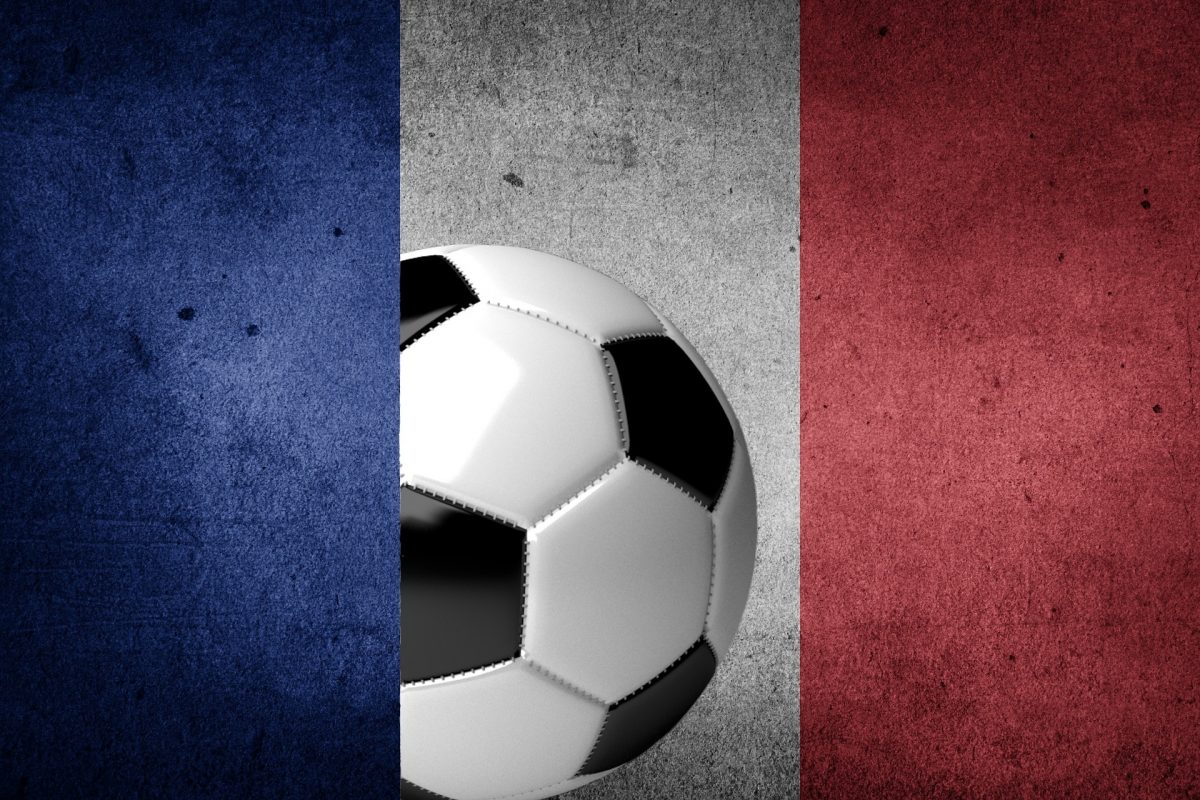
Photo: pixabay.com
Section III: The players
Obviously, this is the section that interests us the most, as it contains a great deal of information related to the subject of our study.
Subtitle 1 sets out the provisions applicable to all statutes, i.e. players in training (apprentices, trainees, trainees), elite players and professional players.
In particular, it describes the procedure for the approval of contracts, the prohibition of release clauses, termination clauses or unilateral termination clauses, which is a French peculiarity that I discussed in a previous article (Clauses of termination of football players’ contracts in France), and the obligations regarding remuneration, paid leave and contract proposals.
The training compensation mechanism is explained, as well as those for unilateral or contractual termination of contracts and temporary transfers between clubs.
Subtitle 2 describes the status of players in training, namely, in order of age, apprentice, trainee and trainee, specifying in particular the conditions for benefiting from these statuses and the obligations and rights deriving therefrom, both for the player and the club.
Subtitle 3 deals with elite players, i.e. players who sign a contract under which a club with a professional section undertakes to complete the professional training for a maximum of two seasons of a player wishing to embark on a professional career and then, in indivisible form, to employ him for a period of three seasons corresponding to the first professional contract.
Subtitle 4 deals with the status of the professional player.
It lays down a number of specific provisions: the duration of the first professional contract, which must in principle be three years; the management of the squad and the employer’s power of management over training sessions; the reference to the Labour Code in matters of labour law and social security; welfare and supplementary pension schemes; and the commitments made by clubs regarding the training and retraining of professional players.
Subtitle 5, the last subtitle, examines the status of foreign players and, in particular, the maximum number of players who are not nationals of EU or EEA countries or who have an association or cooperation agreement with the EU. This number is currently fixed, subject to exceptions, at 4 contracts for L1 clubs and 2 for L2 clubs.
Finally, subtitle 6 contains several annexes.
YOU CAN ALSO READ:The statute of the professional soccer player in Peru
Title IV: Status of football trainers of clubs authorised to use professional players
This issue should be the subject of a separate study.
General annexes:
As its name suggests, it contains various annexes, not negligible in that they concern the minimum remuneration of football players, foreign players, documents required for the approval of various types of contracts, etc.
Conclusions
In France, when advising a professional football player, especially nowadays when transfers and exchanges of players between federations are becoming more and more frequent, it is undoubtedly important to know the laws, regulations and agreements applicable in France, and in particular the Professional Football Statute which, as we have just seen, contains most of the applicable rules, but also the rules of international bodies, starting of course with those of FIFA.
A wide range of rules to master, therefore, for agents, lawyers and other advisers of players in the game…
Bibliography
– Charte du Football Professionnel (Version à jour au 1er juillet 2023)
– Cass. soc., 12 décembre 2012, n° 11-14.823, FS-P+B
– Code du Travail
LEGAL NOTICE: This article has been prepared for informational purposes only. It is not a substitute for legal advice directed to particular circumstances. You should not take or refrain from taking any legal action based on the information contained without first seeking professional, individualized advice based on your own circumstances. The hiring of a lawyer is an important decision that should not be based solely on advertisements.
If you want advice related to the subject of the
article do not hesitate to contact us!
(email: contact@wdassocies.com)


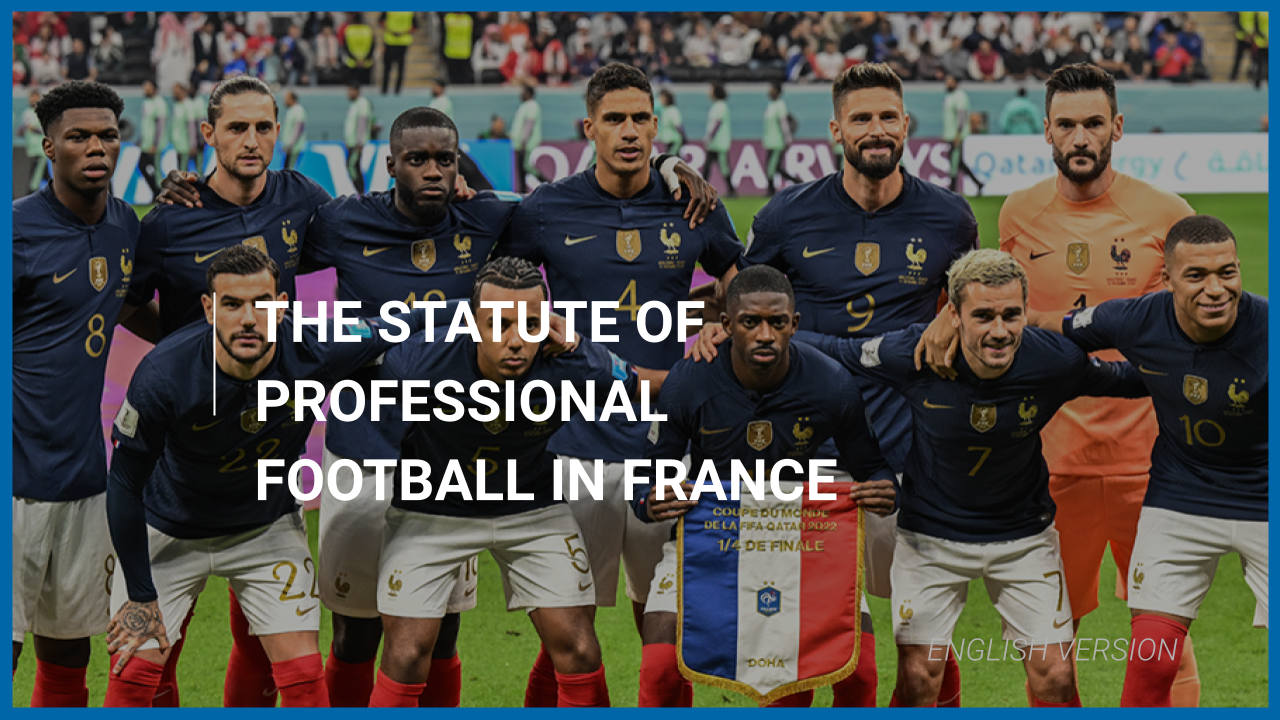


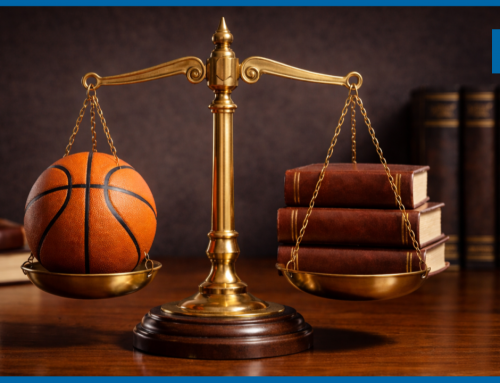
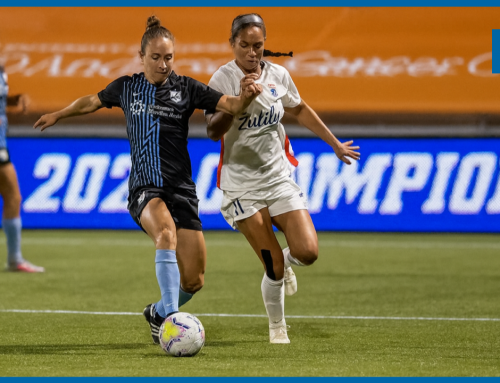
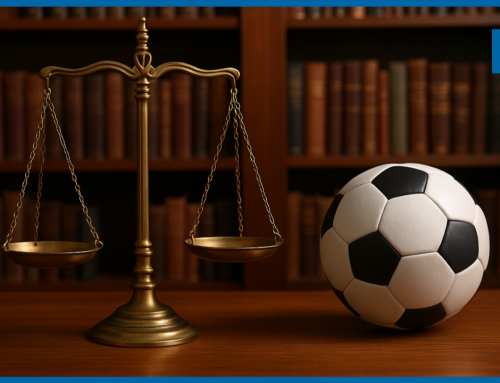


Leave A Comment